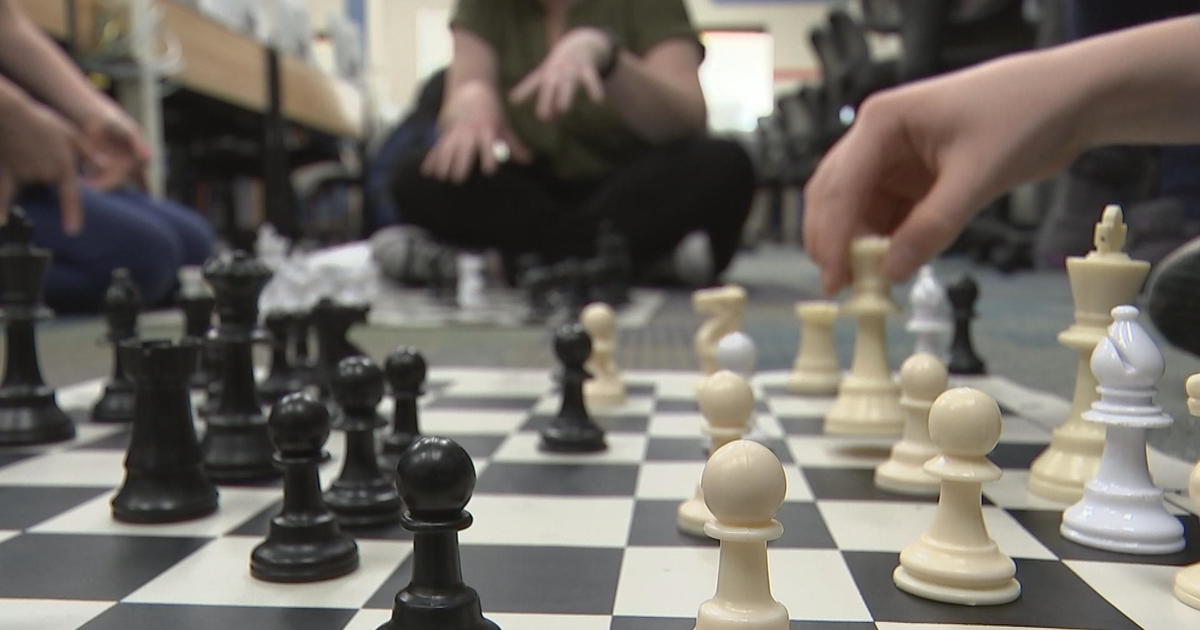The Marshmallow Test: What It Reveals About Our Children's Future Success
PHILADELPHIA (CBS) -- Inside Saint Frances Cabrini Regional Catholic School, a test. But, not the kind you'd expect.
No loose leaf. No number two pencil. Just a selection of snacks.
"We have a pretzel, a cookie and a marshmallow. Which is your favorite?" I asked the student. "The marshmallow," they responded.
It's all part of the marshmallow test, an experiment in delayed gratification. The rules are simple: eat one treat now or, if you can wait, get two treats later.
We explained this a couple of times.
"If you can wait until I get back, you get two cookies. But, if you decide you really just want to eat the cookie, you can ring this bell. But, you only get one cookie," I explained.
Armed with a bell and the freedom to choose their own fate, the four and five year-olds didn't know how long we'd be gone or how long they'd go without their favorite treat.
We set the clock for ten minutes, which to some, seemed like an eternity.
As the clock ticked, so did our first participant Derrick, coming up with playful ways to pass the time. When the temptation became too strong, he turned around to avoid it altogether.
Another, student named Brett preferred to take air bites until he could taste the real thing, while Keeya clapped her hands and sang songs, even blowing kisses to the camera.
"They were successful distraction strategies," said Dr. Evan Forman, a psychology professor at Drexel University, who has studied the topic of delayed gratification. He says the marshmallow experiment, first conducted by psychologist Walter Mischel in the 1960's, does reveal a lot about our children.
From higher SAT scores to lower BMI…After studying his original subjects some fifty-years later, Dr. Mischel found those who waited also had lower rates of addiction and were less likely to divorce.
So, what does it mean for the kids who couldn't wait? Like many experts, Dr. Forman refuses to believe they're doomed to fail.
"Maybe some children were hungrier than others, maybe some get these foods all the time," Dr. Forman explained.
He says there are several factors that may have impacted their decision and adds that self-control can and should be taught, especially in this age of instant gratification.
"Maybe that's as important as teaching reading, writing, mathematics," Dr. Forman said. "Because they'll go on to have better, happier and healthier lives."



